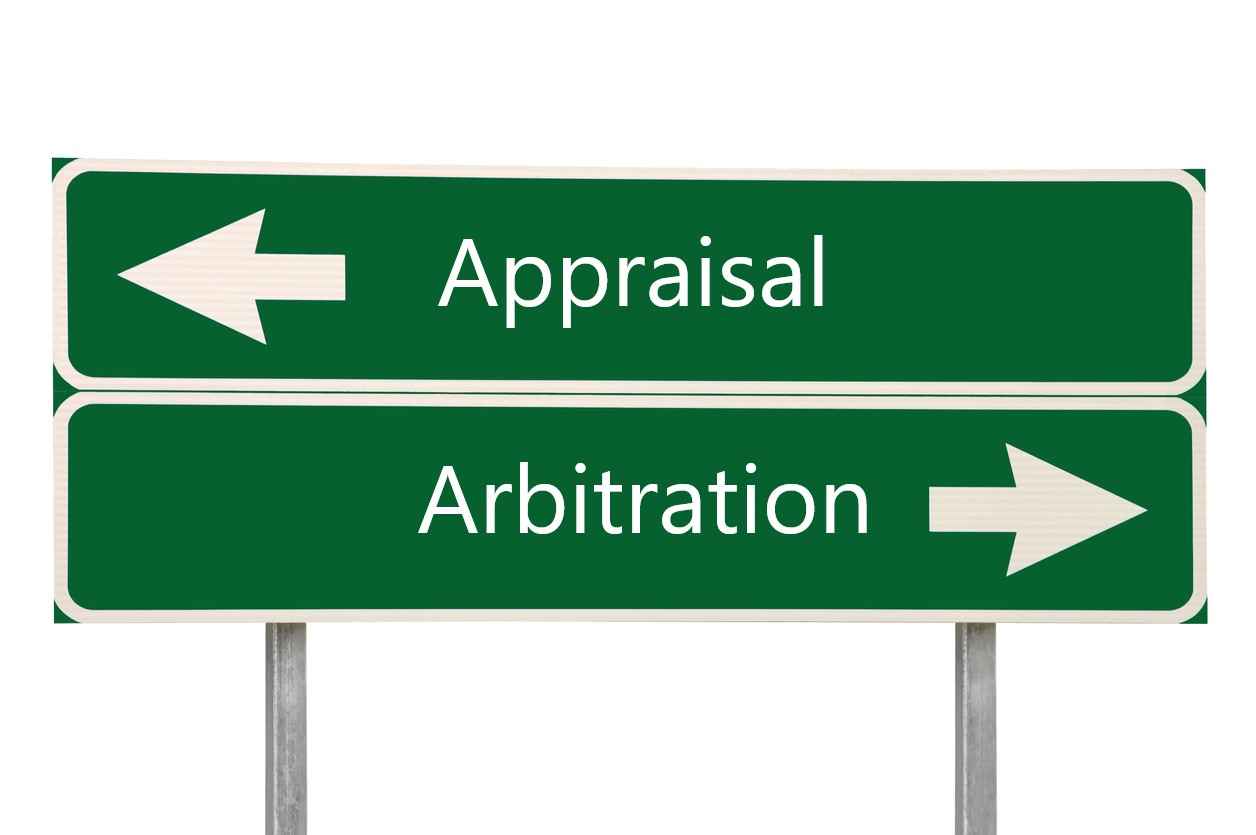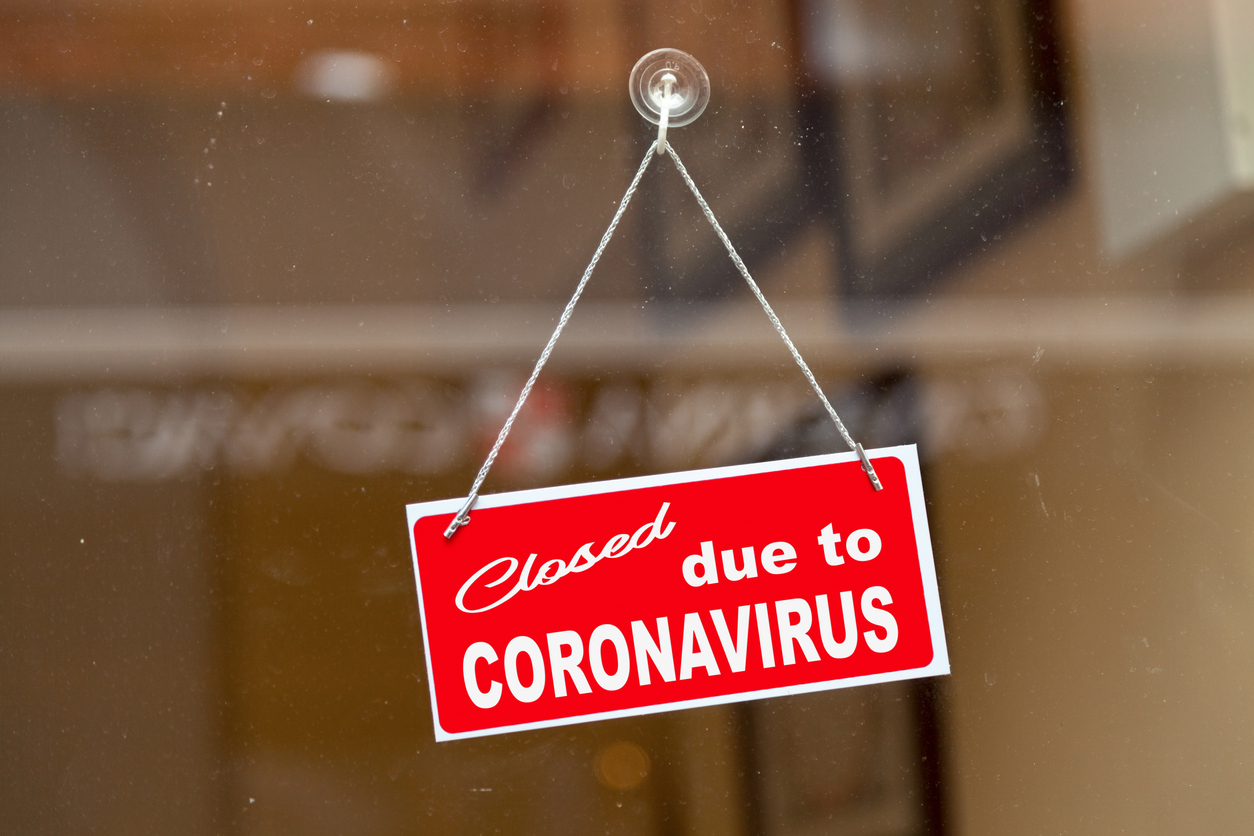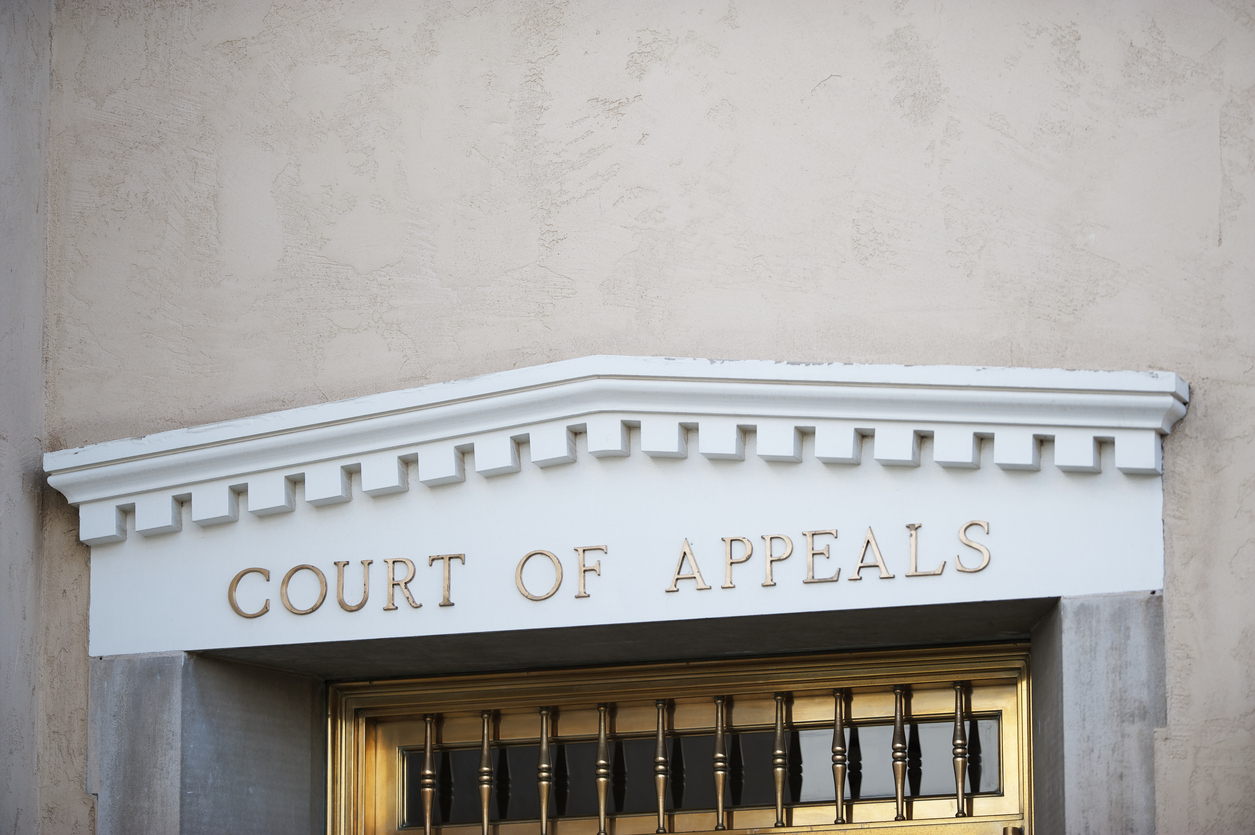Merlin Law Group phones and my cell phone have been constantly ringing with public adjusters questioning us about North Carolina and South Carolina Insurance claims law. Hurricane Florence is bearing down on those states as I write this post. God bless everybody in the path of this monstrous storm.
North Carolina Code 58-33A-65 controls public adjuster contracts with North Carolina policyholders and provides:
(a) Public adjusters shall ensure that all contracts for their services are in writing and contain all of the following terms:
(1) Legible full name of the adjuster signing the contract, as specified in Department records.
(2) Permanent home state business address and phone number.
(3) Department license number.
(4) Title of “Public Adjuster Contract.”
(5) The insured’s full name, street address, insurance company name and policy number, if known or upon notification.
(6) A description of the loss and its location, if applicable.
(7) Description of services to be provided to the insured.
(8) Signatures of the public adjuster and the insured.
(9) Date contract was signed by the public adjuster and date the contract was signed by the insured.
(10) Attestation language stating that the public adjuster is fully bonded pursuant to State law.
(11) Full salary, fee, commission, compensation, or other considerations the public adjuster is to receive for services.
(b) The contract may specify that the public adjuster shall be named as a co-payee on an insurer’s payment of a claim.
(1) If the compensation is based on a share of the insurance settlement, the exact percentage shall be specified.
(2) Initial expenses to be reimbursed to the public adjuster from the proceeds of the claim payment shall be specified by type, with dollar estimates set forth in the contract and with any additional expenses first approved by the insured.
(3) Compensation provisions in a public adjusting contract shall not be redacted in any copy of the contract provided to the Commissioner. Such a redaction shall constitute an omission of material fact in violation of Article 63 of this Chapter.
(c) If the insurer, not later than 72 hours after the date on which the loss is reported to the insurer, either pays or commits in writing to pay to the insured the policy limit of the insurance policy, the public adjuster shall comply with all of the following:
(1) Not receive a commission consisting of a percentage of the total amount paid by an insurer to resolve a claim.
(2) Inform the insured that loss recovery amount might not be increased by insurer.
(3) Be entitled only to reasonable compensation from the insured for services provided by the public adjuster on behalf of the insured, based on the time spent on a claim and expenses incurred by the public adjuster, until the claim is paid or the insured receives a written commitment to pay from the insurer.
(d) A public adjuster shall provide the insured a written disclosure concerning any direct or indirect financial interest that the public adjuster has with any other party who is involved in any aspect of the claim, other than the salary, fee, commission, or other consideration established in the written contract with the insured, including, but not limited to, any ownership of, other than as a minority stockholder, or any compensation expected to be received from any construction firm, salvage firm, building appraisal firm, motor vehicle repair shop, or any other firm that provides estimates for work, or that performs any work, in conjunction with damages caused by the insured loss on which the public adjuster is engaged. The word “firm” shall include any corporation, partnership, association, joint-stock company, or person.
(e) A public adjuster contract may not contain any contract term that includes any of the following terms:
(1) Allows the public adjuster’s percentage fee to be collected when money is due from an insurance company but not paid, or that allows a public adjuster to collect the entire fee from the first check issued by an insurance company rather than as a percentage of each check issued by an insurance company.
(2) Requires the insured to authorize an insurance company to issue a check only in the name of the public adjuster.
(3) Imposes collection costs or late fees.
(4) Precludes a public adjuster from pursuing civil remedies.
(f) Before the signing of the contract, the public adjuster shall provide the insured with a separate disclosure document regarding the claim process that states:
(1) Property insurance policies obligate the insured to present a claim to his or her insurance company for consideration. There are three types of adjusters that could be involved in that process. The definitions of the three types are as follows:
a. “Company adjuster” means the insurance adjusters who are employees of an insurance company. They represent the interest of the insurance company and are paid by the insurance company. They will not charge you a fee.
b. “Independent adjuster” means the insurance adjusters who are hired on a contract basis by an insurance company to represent the insurance company’s interest in the settlement of the claim. They are paid by your insurance company. They will not charge you a fee.
c. “Public adjuster” means the insurance adjusters who do not work for any insurance company. They work for the insured to assist in the preparation, presentation, and settlement of the claim. The insured hires them by signing a contract agreeing to pay them a fee or commission based on a percentage of the settlement or other method of compensation.
(2) The insured is not required to hire a public adjuster to help the insured meet his or her obligations under the policy but has the right to do so.
(3) The insured has the right to initiate direct communications with the insured’s attorney, the insurer, the insurer’s adjuster, and the insurer’s attorney, or any other person regarding the settlement of the insured’s claim.
(4) The public adjuster is not a representative or employee of the insurer.
(5) The salary, fee, commission, or other consideration is the obligation of the insured, not the insurer.
(g) The contracts shall be executed in duplicate to provide an original contract to the public adjuster and an original contract to the insured. The public adjuster’s original contract shall be available at all times for inspection without notice by the Commissioner.
(h) The public adjuster shall provide the insurer a notification letter, which has been signed by the insured, authorizing the public adjuster to represent the insured’s interest.
(i) The insured has the right to rescind the contract within three business days after the date the contract was signed. The rescission shall be in writing and mailed or delivered to the public adjuster at the address in the contract within the three-business-day period.
(j) If the insured exercises the right to rescind the contract, anything of value given by the insured under the contract will be returned to the insured within 15 business days after the receipt by the public adjuster of the cancellation notice.
Hurricanes are never welcome and especially after the 2017 hurricanes, the numerous historic wildfires and floods, mudflows, and even lava flows. The insurance industry has been battered enough and those working the claims side of it have been pushed to the limit, including me.
Thought For The Day
“Consider too that many, if not most, adjusters have a workload at least two to three times as great as what they can reasonably handle.”
—Bill Wilson, When Words Collide: Resolving Insurance Coverage and Claims Issues



